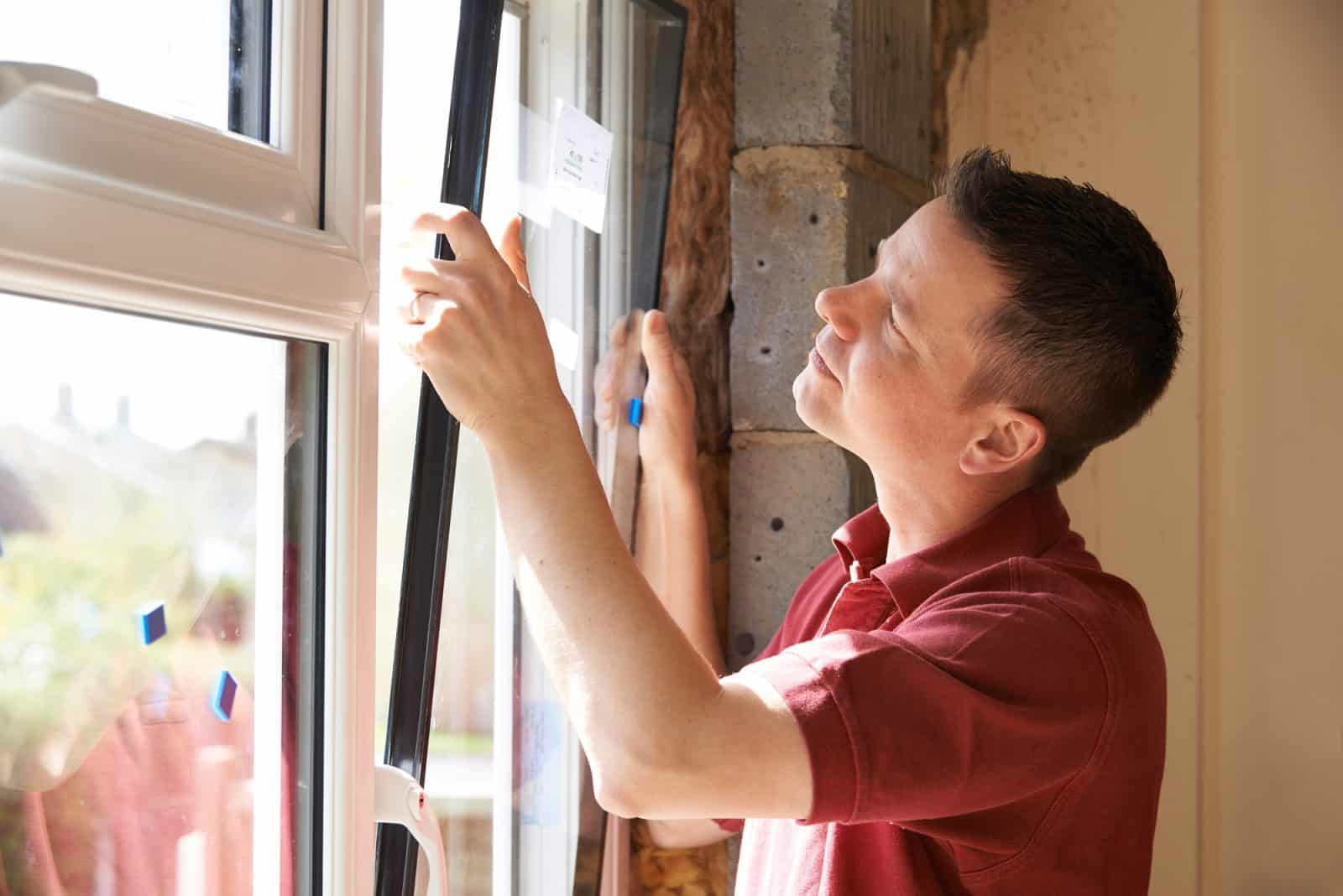Windows are some of the most important parts of a home. They allow sunlight and fresh air to enter and give you a clear view of the outside world. As a homeowner, you must keep an eye on the health of your windows. Over time, windows will deteriorate and lose their energy efficiency and possibly compromise the safety of your house. Let’s review how to tell when it’s time to replace your windows so that you can make informed decisions about your home.
Drafts or Leaks
Drafts and leaks are some of the most common window problems and are major indicators that you need to replace them. Drafts can occur when your windows are no longer able to seal properly, causing cold air from outside to enter your home.
Additionally, if you start to notice condensation buildup on the inside of your windows, it could be a sign of a leak. These drafts and leaks not only make your home less comfortable but can also cause an increase in energy bills. Replacing your windows can significantly improve your home’s energy efficiency by making it easier for your HVAC system to regulate the interior temperature.
Difficulty Opening and Closing Your Windows
When your windows become difficult to open or close, that could be a sign of worn-out hardware or frames. As windows age, their hardware can become damaged, resulting in windows that don’t close or latch properly.
This can lead to security and safety issues and make your home more vulnerable to outside elements. Replacing your windows can significantly improve the safety and security of your home and better protect you from any potential break-ins.
Increasing Energy Bills
As mentioned, replacing your windows can help improve your home’s energy efficiency. That said, if your energy bill is increasing even though you’re not using your HVAC system more often, this is a sign that your windows need replacement. This could be especially true if your home is older or you haven’t replaced your windows in a while. Newer windows have energy-saving features that can help reduce the amount of heat or cold air that enters or leaves your home.
Excess Noise Pollution
If you’re experiencing excess noise in your home, it may be due to your windows. When windows age, they tend to lose their soundproofing abilities, allowing more outside noise to infiltrate the home. This can disrupt the peaceful atmosphere within the house, making it difficult for residents to relax or concentrate on tasks. By installing new, high-quality windows, homeowners can significantly reduce the level of noise pollution inside their homes, thereby improving their overall quality of life.
Visible Damage
Accidents happen, and, over time, windows can become damaged from various causes, such as bad weather, dings, chips, or cracks. Even a small scratch or chip can compromise the glass’s integrity, allowing air leakage. This damage can worsen and lead to even bigger issues, such as water damage or mold growth. Replacing your windows can significantly improve the appearance and durability of your home.
Knowing how to tell when it’s time to replace your windows can help you pinpoint problems before they worsen and eat into your wallet. By replacing your windows, you can improve the energy efficiency, functionality, safety, and appearance of your home.















